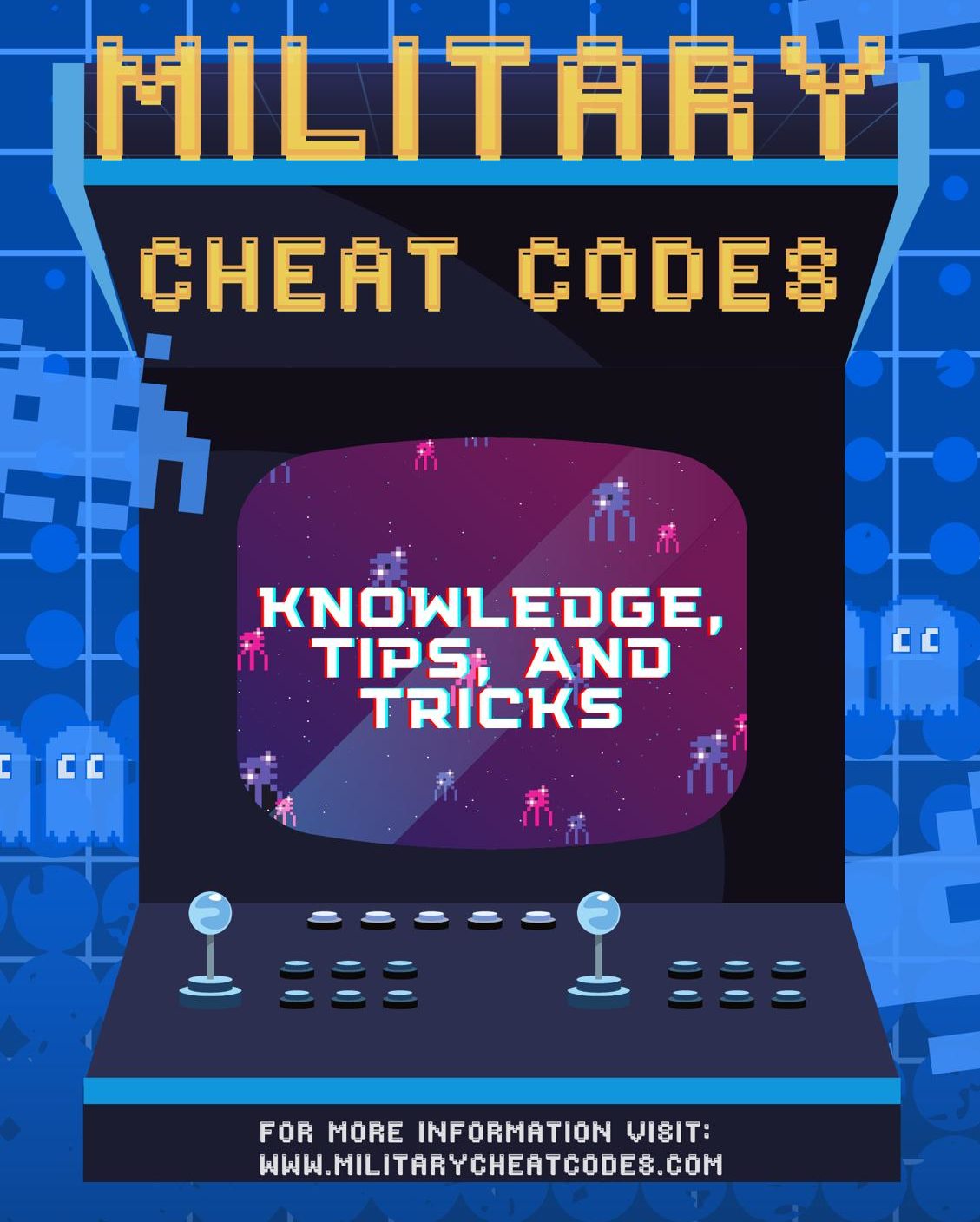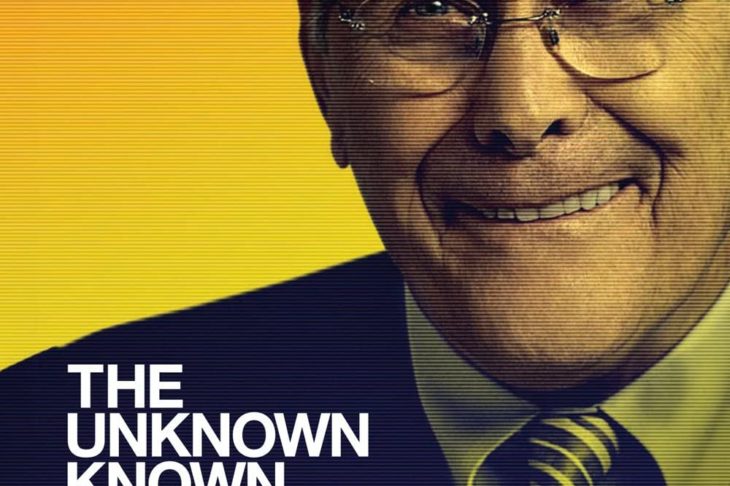Amistad: Doing What is Right When Others Don’t
“…that the said negroes be declared to be free, and be dismissed from the custody of the court, and go without delay.”
— United States v. Amistad
We all have our reasons for joining the military. Those reasons are varied in theme and at the core have some sort of selfish manner no matter the patriotic zeal. At our moral centers though is a desire knowing our actions matter; that our daily emotional, mental, and physical struggles are properly sacrificed for something of a higher regard. We want to know that what we do matter and that these sacrifices are not done for nothing.
We also want to ensure we are doing what is right and helping out others. Military force should be used to garner a state’s national strategic interests. At our level though we hope our daily actions help those people who are tyrannized or exploited; no matter our disposition these sacrifices are made so others can have a chance in life.
Amistad (1998) is a Steven Spielberg film that retells the tragic yet hopeful story of the slave revolt on the Spanish vessel La Amistad in 1839 and the subsequent legal matters in the United States. The story focuses on the legal battle between the Abolitionist movement and the U.S. Government who supported Spanish claims to the ethnic Monde slaves. Surrounding the courtroom dramas, are the larger moral considerations mixed with political intrigue spread over international relations and security issues for a young nation coming to terms with slavery.
When one thinks of this movie, they tend to think of the political and social discussions related to slavery and the legal impacts on society. This film is not known for its military character, but there is a hidden nugget that reminds us all of those reasons and rewards for joining the military. One character represents those idealistic members who joined for honorable reasons but instead sees injustices around them.
Half way through the movie we relive the experiences of the people on the voyage across the Atlantic. Torture. Starvation. Death. Cinque somberly expresses the horrific journey and the U.S. government attorneys rebut his story and cultural heritage.
Enter our military member. Captain Fitzgerald is introduced during the trial scene as the Amistad survivors’ fate is being decided. A British Naval Commander charged with patrolling the Ivory Coast along the southern coast of Western Africa, the character and scene is used to summarize the illegal slave trade that is done in the British domain. The experience in fighting against the slave trade is used in court to inform the judge of realities seen on the sea; his word is legitimate.
Fitzgerald displays a rigid formality, but the emotions hiding behind his eyes betray what is presumed as a moral neutrality. There is utter disgust in his words towards the attorney for the U.S. government as he testifies that Cinque’s testimony is correct and that it can be described in pure logistics.
He calmly informs the attorney for the Amistad survivors that the logistics log corroborates the testimony of Cinque. The Amistad crew threw 50 individuals overboard, states Fitzgerald, as if they were boxes and the U.S. government attorney replies with disdain and disrespect towards the Navy Captain. Without missing a beat, Captain Fitzgerald replies, “And what poundage do you imagine the entry may refer to, sir? A mast and sails, perhaps?” His voice full of condescension and patronization.
Fitzgerald describes to the court the illegal slave trade in Sierra Leone. “Reports. Its existence [a reported slave fortress], sir has been reported.” The U.S. Secretary of State even questions Captain Fitzgerald in such a way that questions the man’s integrity; the slave fortress is just reported and does not exist. Behind the cold exterior is an officer who is unhappy with the slave trade and the actions that he cannot prevent. Not only is Captain Fitzgerald emotional for having his integrity questioned, but knowing the slave fortress horrors and perhaps his failed attempts to bring it to an end.
Fast forward to the end of the movie and the liberation of the Lomboko Slave Fortress as British troops storm the fort to liberate Africans. British troops storm the fort, kill the overseers, and assist the local Africans to leave the fort. Prisoners who would have been exported for the slave trade flee for their own freedom. From the deck of his ship, he stands defiant on his ship and orders, “Fire.” The British warship opens barrage on the fortress and the walls explode.
With his calm demeanor, Captain Fitzgerald stands triumphantly and states to his crew to take a letter.
“To His Honour, the United States Secretary of State, Mr. John Forsyth. My dear Mr. Forsyth, it is my great pleasure to inform you that you are, in fact, correct. The slave fortress in Sierra Leone does not exist.”
The music. The scene. The victory. This is what all military members aim to see in their careers: their actions directly impacted for the positive other peoples’ lives. That scene can bring the hardest soul to tears. This author truly loves this scene and could watch it over again and again revealing in the triumph.
Military members see the injustices surrounding them and become frustrated at the lack addressing these problems. These injustices can be both micro and macro; inside and outside the military organizations. We see the political, social, and economic injustices around us especially when our jobs take us around the world. Especially in locations where war or natural disaster ravages the population, observing poverty or death drives military members to act and solve problems.
We should strive to make things better for those around us; this is why military services encourage their members to give back to the community. If you are not motivated to fix these problems that one sees, then you must look within yourself and figure out why. Helping others in their times of need balances our inner instincts for destruction; reminding us that there is room for goodness in chaos. Unfortunately, many people now look at something that was supposed to be
Military bureaucracy and the political structure has its own agenda. Many military members become completely disgusted at the military bureaucracy, the money and resource waste, and the time it takes to complete simple actions. Most civilians imagine the military to be this well-oiled and disciplined machine, but reality is quite the opposite. Military members see this in the combat or deployed areas and grow frustrated when they see all the money spent and activities completed are not improving the lives of people around them.
There have been so many examples in the past 25 years where the U.S. military has done so many positive actions to improve lives of others. At the same time, there have been times where given strategic objectives, the people have been left in the background or fend for themselves. U.S. military members usually fill this gap at the micro level helping those they see in the streets or around the base. Giving children living in poverty some candy to brighten their day also brightens the person giving away candy. Playing football (soccer) with locals and helping them with improvements in their neighborhoods always builds bridges.
Sometimes the battle for hearts and minds is for our own hearts and minds. The suave from the traumatic events we see.
“Give us, Free!” — Cinque
These small community-oriented events may not be ending the slave trade in Western Africa, but the smaller events where we see positive improvements for others is just as strong of a morale builder. Watching children laugh and smile from their candy experience or watching others laugh at an American trying to play football (soccer) could be the same equivalent with John Williams music in the background. You must be open minded enough to realize the moment and what it is you are witnessing.
Captain Fitzgerald’s moment basking not only in the sun, but in a momentary victory of justice reminds to keep sight of using one’s power for positive benefit.

Pred
For 18.75 years, he has hunted the hauls of the U.S. Air Force very stealthily and even completed a year in Mali working for the United Nations MINUSMA mission.


